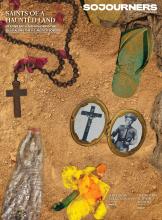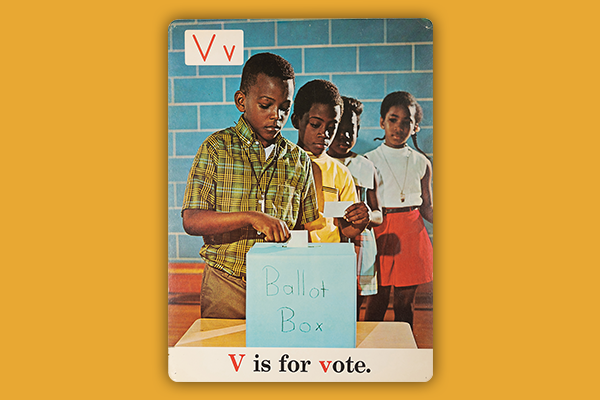I PROUDLY SHARE the legacy of generations of people who fought to be respected as full citizens in America. I am the granddaughter of Mississippi sharecroppers. My parents picked cotton growing up, sometimes missing school to ensure the family could make ends meet. My parents left Mississippi in the late 1960s after college, having never voted. I know too well about voter suppression and the horrors of Jim Crow. The fundamental right to vote is close to my heart; it’s personal.
My generation was the first in my family born with full voting rights. I never thought the precious right to vote would be jeopardized in 2024. Yet, because the Supreme Court gutted the Voting Rights Act in 2013, the right of full and safe access to the ballot box is again impeded. Voter suppression has again taken hold as a tactic for dismantling democracy. The ghost of Jim Crow keeps on haunting.
Read the Full Article

